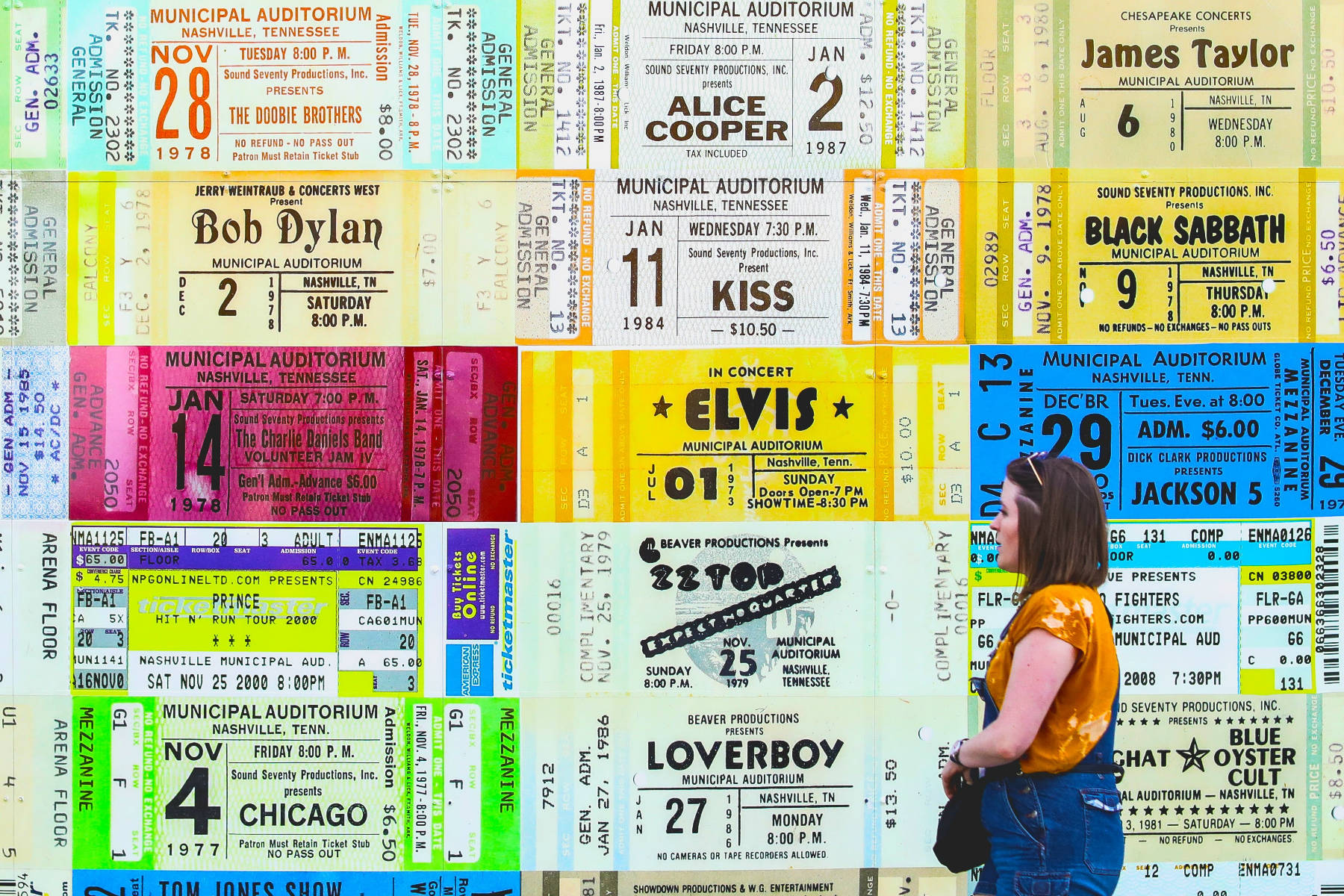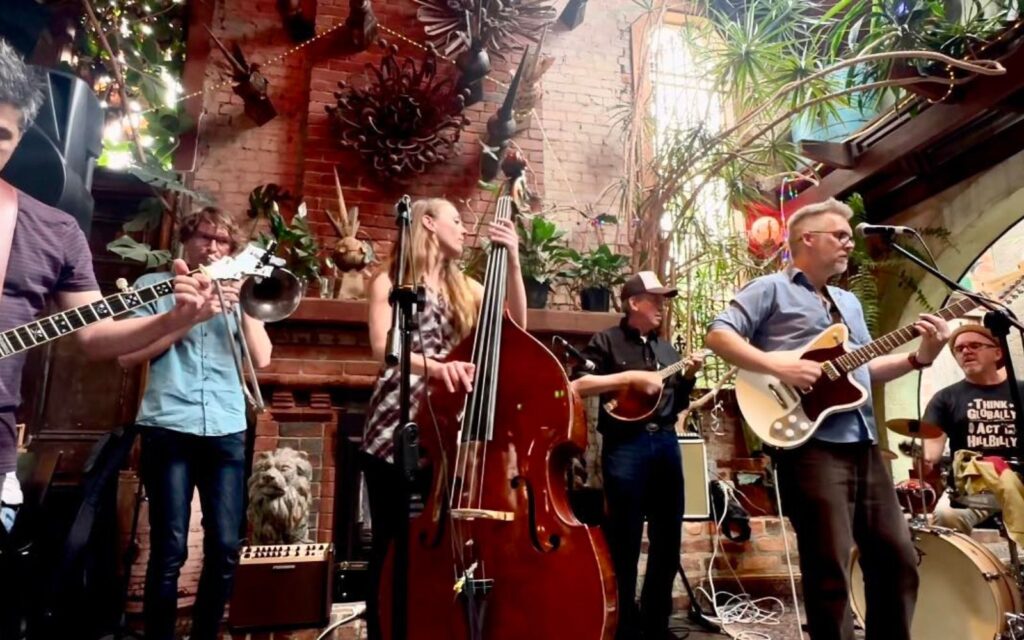Apps such as DICE and The Ticket Fairy are fighting ticketing corruption.
Google’s decision to suspend controversial resale site Viagogo from its paid-for search rankings in Australia and beyond was a major step in stopping customers getting duped. It was a financial sacrifice for Google (ad services provided 84 per cent of its parent company Alphabet’s $36.3 billion ad revenue in the first quarter of 2019) but had to respond after the UK industry demanded action.
In Australia, consumer watchdog the ACCC initiated court action against Viagogo in August 2017 and in early 2019, the Federal Court found that Viagogo had made false or misleading representations, including using the word “official” in its claims.
Michael Chugg said of the Google decision, “There is no doubt in the industry that Viagogo have paid Google millions and millions of dollars in click-here fees, but finally they have seen this criminal activity for what it is. The industry now needs to make sure no other secondary ticketing company takes Viagogo’s place.”
Live Performance Australia’s CEO Evelyn Richardson notes the problem is not fixed, as it merely drops Viagogo listings down the list and it’s “still able to make misleading and deceptive representations which are in breach of Australian Consumer Law, to people buying tickets online,” she says in The Music Network.
“The battle against dodgy ticket resellers is only half won. There is also the problem of ticket resales through other online channels such as Facebook and Gumtree, where buyers have also been the victim of scams and shonky practices. We are yet to hear any public statements from those platforms about what steps they will take to ensure the integrity of transactions through their channels.”
Tougher rules, as passed in Victoria in June 2018, have been followed up with 24/7 monitoring, and 300 listings have been yanked. But no one has copped fines, which are supposed to range from $800 and $483,500. The government is relying on “public education” which we all know doesn’t work when someone is grabbing for sold-out tickets.
It’s obvious that paper tickets have to be erased when mobile ticketing works. It also means we need to look at new apps emerging on the market. Launching in Australia on August 1 was the UK’s DICE, set up by Aussie expatriate Phil Hutcheon. Its aim is to get people out to live gigs with listings and maps. But its technology is scalper-proof. The tickets it sells remain on DICE’s app, and can’t be shared by email or web-links. A QR code appears on the mobile ticket an hour before the show, only after which patrons can enter the venue.
“The ticket is animated, so you can’t screengrab it,” Hutcheon explains. “There is nothing to resell.”
The app also caters for fans who return tickets for automatic refund while the returned tickets go to whoever is next on the waiting list.
Another UK app, The Ticket Fairy, also set up by Aussie expats Jigar and Ritesh Patel, is due this year. Its advanced technology challenges scalping through ID-locked tickets.







